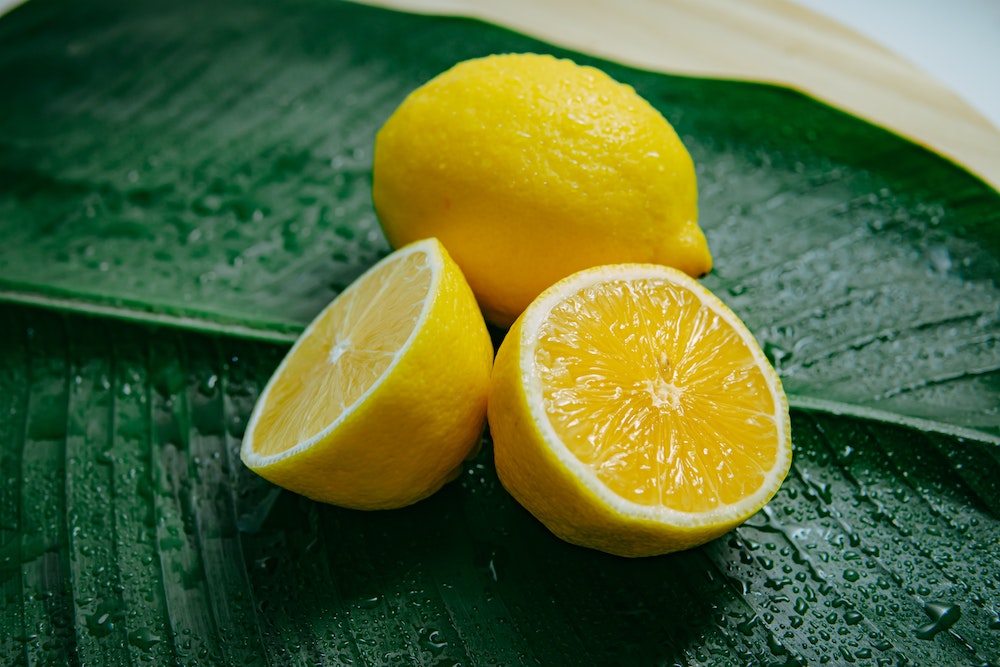The Health Benefits of Folic Acid

Folic acid is one of the most widely used supplements on the market, but do you know what it's good for? Folic acid, also known as folate or vitamin B9, is an essential nutrient that plays a role in our overall health and well-being. It helps with cell growth, metabolism, and DNA synthesis, among other things.
In this blog post, we'll look at some of the advantages of folic acid and why it's so important to include it in your diet. We'll discuss its various sources and how it can improve physical and mental health. Read on to learn more about the fantastic benefits of this vitamin!
What is Folic Acid?
Folic acid is a water-soluble vitamin in leafy green vegetables, legumes, nuts, and fortified foods. It is essential for the formation of red blood cells and the prevention of anemia. Additionally, folic acid protects unborn children from neural tube abnormalities.
The Importance of Folic Acid
Folic acid is essential for the development of the neural tube. It helps to prevent spina bifida, a congenital disability in the spinal cord.
All women capable of becoming pregnant should take a supplement of 400 micrograms (0.4 mg) of folate or folic acid daily, even if they are not planning to become pregnant. Good food sources of folate include leafy green vegetables and legumes.
Health Benefits of Folic Acid
Folic acid is a water-soluble vitamin mainly found in leafy green vegetables and fruits. It is also available in supplement form.
The human body requires folic acid to function correctly. It helps in the formation of DNA and RNA and also aids in producing red blood cells.
Folic acid deficiency can lead to many health problems, such as anemia, congenital disabilities, mental retardation, and cancer. Thus, it is essential to include folic acid in your diet or take supplements if you are deficient in this vitamin. The following are a few of the health advantages of folic acid:
1. Prevents congenital disabilities: Folic acid may help prevent congenital disabilities of the brain and spine. All women of childbearing age should consider taking 400 micrograms (mcg) of folate (the natural form of folic acid) daily to reduce their risk of having a baby with a neural tube defect.
2. May reduce the risk of heart disease: Folic acid can help to reduce the levels of homocysteine in the blood. High levels of homocysteine are associated with an increased risk of heart disease. Thus, by reducing homocysteine levels, folic acid may help to prevent heart disease.
How to Get Enough Folic Acid
Folic acid is a water-soluble vitamin mainly found in leafy green vegetables and fruits. Pregnant women need to take folic acid supplements because it helps to prevent specific congenital disabilities of the baby's brain and spine.
The recommended amount of folic acid for pregnant women is 400 micrograms (mcg) per day. You can ensure you're receiving enough folic acid in a few different ways:
1. Include foods high in folate in your diets, such as leafy green vegetables, legumes, nuts, and fortified foods.
2. Take a daily multivitamin that contains 400 mcg of folate or a separate folic acid supplement.
3. If you have any medical conditions requiring you to take medications, talk to your doctor or pharmacist about whether those drugs might interfere with folate absorption from food or supplements.
Foods That Contain Folic Acid
Folic acid is a water-soluble vitamin mainly found in leafy green vegetables and fruits. It is also available in supplement form. Folic acid is essential for the development of the neural tube. It helps to prevent spina bifida, a congenital disability in the spinal cord.
All women of childbearing age should take 400 micrograms of folate (the natural form of folic acid) daily. This can be increased to 600 micrograms per day during pregnancy. Good sources of folate include:
- leafy green vegetables such as spinach, kale, and collards
- broccoli
- beans
- citrus fruits
- fortified foods such as breakfast cereals, bread, and pasta
Supplements That Contain Folic Acid
Folic acid is a water-soluble vitamin in leafy green vegetables, legumes, nuts, and fortified foods. It is essential for developing the neural tube, which becomes the brain and spinal cord. Folic acid supplements are recommended for women of childbearing age to prevent neural tube defects in their babies.
Many different brands and types of folic acid supplements are available. Some examples include:
- Folic Acid Tablets: These are typically taken once daily, with or without food. They come in different strengths, so check the dosage on the label before taking them.
- Folic Acid Capsules: These are also taken once daily, with or without food. As with tablets, they come in different strengths, and dosages should be checked before taking them.
- Folic Acid Liquid: Folic acid is taken by drops or measuring a certain amount with an eyedropper. It can be added to drinks or food or taken alone. As with tablets and capsules, dosages will vary depending on the product you choose.
Conclusion
In conclusion, folic acid is a vital nutrient for proper human health and development, both prenatally and postnatally. It helps the body to produce new cells, which in turn help with the growth and maintenance of organs such as the brain, heart, and liver.
Folic acid can also help to reduce the risk of specific congenital disabilities if taken during pregnancy. If you are pregnant or trying to become pregnant, it would be wise to increase your intake of folic acid to ensure that you and your baby stay healthy throughout your journey together.
